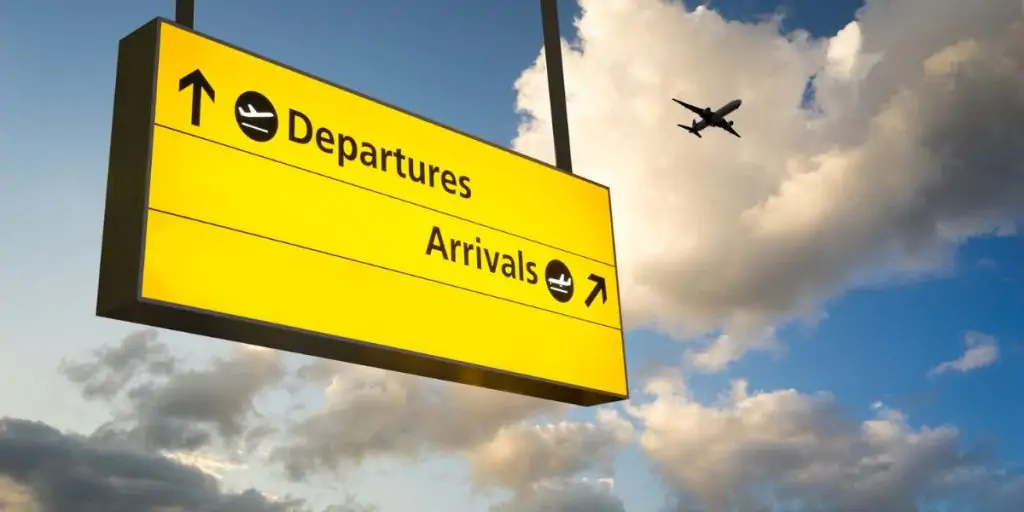Although Brexit might not have been at the forefront of our minds, we have officially left the EU as of 1 January 2021.
This means that a few things have changed to the way we travel to Europe that you need to be aware of before you jet off.
Here we explain a few of the key changes that you’ll need to know about:
Introducing the GHIC
As we are no longer in the EU, the (EHIC) European Health Insurance Card can largely no longer be used – with a few exceptions. Instead, it has been replaced by the UK Global Health Insurance Card – or GHIC for short.
What does the GHIC give me?
The GHIC gives you access to free, or reduced cost state healthcare in most countries in Europe. It helps you to get emergency or necessary care when you need it abroad. It doesn’t cover private healthcare. It’s also not a replacement for travel insurance and works in the same way as the EHIC.
What countries aren’t covered by a GHIC?
You aren’t covered by the GHIC for medical treatment in the following European countries:
- Norway – you can show your passport to get medically necessary healthcare instead.
- Iceland
- Liechtenstein
- Switzerland
- The Channel Islands – including Guernsey, Alderney and Sark
- The Isle of Man
- Monaco
- San Marino
- The Vatican
Do I need to get a GHIC?
If you still have a valid EHIC card, then you can use this as a way of accessing free or reduced healthcare in most European countries and won’t need to get a GHIC until your EHIC runs out.
If you’re newly applying for a EHIC as a UK citizen, then you’ll be given a GHIC.
Most travel insurance policies will insist that you use your GHIC or any other reciprocal healthcare agreements where possible if you have a medical emergency abroad in order to claim against your policy. In these cases if you have an Avanti policy, we’ll remove any excess payments from valid medical claims where you’ve used a GHIC or reciprocal healthcare agreement.
How do I get a GHIC?
GHICs – just like EHICs – are free. You should never have to pay to apply for a GHIC. Beware of websites that offer to sell you a GHIC – you can apply through the official NHS website for free.
Can I still get an EHIC?
Most holidaymakers will be given a GHIC, but you might be eligible to apply for an EHIC still if you’re:
- an EU, Norwegian, Icelandic, Liechtenstein or Swiss national, and have been living in the UK since before 1 January 2021
- receiving a UK State Pension or some other ‘exportable benefits’, and have been living in the EU, Norway, Iceland, Liechtenstein or Switzerland since before 1 January 2021
- a ‘frontier worker’ (someone who works in one state and lives in another), and have been one since before 1 January 2021, for as long as you continue to be a frontier worker in the host state
- an eligible family member or dependant of one of the above
The major difference between an EHIC and a GHIC is that you can use an EHIC in Norway, Iceland, Liechtenstein and Switzerland (which aren’t part of the EU).
Will my current passport be affected by Brexit?
If you’re travelling to Europe, the UK government recommends you have at least six months left on your passport, from the date of arrival in an EU country. Your passport also needs to be no more than 10 years old.
If your passport is less than 10 years old and still has more than six months left, you don’t need to get a new one – unless your information changes.
The UK government advise not to book holidays when you have an out of date passport as your passport number will change. It takes up to 3-weeks to renew a passport if using their online system.
New passports being issued are now blue instead of burgundy and no longer feature ‘European Union’ on the front cover.
Are there restrictions on where I can travel to?
Travel might look a little different to Europe for a while – but Brexit will only be a small part of the changes.
For an update on Covid measures and how it’s affecting travel, take a look at this blog post.
Before travelling, you should always check entry requirements for the country you’re planning on visiting – as each country may be different.
Entry restrictions that are due to Brexit may include proving you have enough funds for your entire trip and only visiting without a visa for up to 90 days. If you’re looking to travel for longer, you’ll need to apply for a visa to enter.
Non-Brexit entry requirements might also currently include things like providing proof of a negative PCR result for Covid.
How will Brexit affect my holiday if my trip is already booked?
If you’re worried that your booked holiday won’t go ahead because of Brexit related issues, you should contact your travel agent, tour operator or airline first, for guidance and support.
If your flight, train journey or ferry crossing is delayed or cancelled as a result of Brexit, you will need to contact your travel agent, tour operator or airline. Your Avanti travel insurance policy is unable to cover you for these situations.
If you decide to change your travel plans as a result of Brexit, we will be happy to change your travel dates, destination or holiday duration. Some additional costs may be charged and your new departure date must be within at least 18 months of the date you bought your policy.
Will I be able to claim for travel delay, additional accommodation or alternative arrangements to get me home if my flight is cancelled?
In most cases, your airline, tour operator or travel agent is responsible for offering alternative arrangements or refunds if your flight is cancelled. Your Avanti travel insurance policy is unable to cover you for these situations.
Driving in the EU
If you’re taking your own car abroad, you’ll need to take a ‘green card’. You can get this from your car insurance provider and it gives you proof that you have the right cover when driving abroad.
You’ll need to ask for this in advance if you need it posting as it can take up to 6 weeks.
You’ll also need a GB sticker to add to your car.
What other changes will happen to travel due to Brexit?
Probably one of the biggest noticeable changes that might catch travellers off-guard is that you’ll no longer be able to use the quicker EU queues at passport control – even if your passport has ‘European Union’ on the cover.


